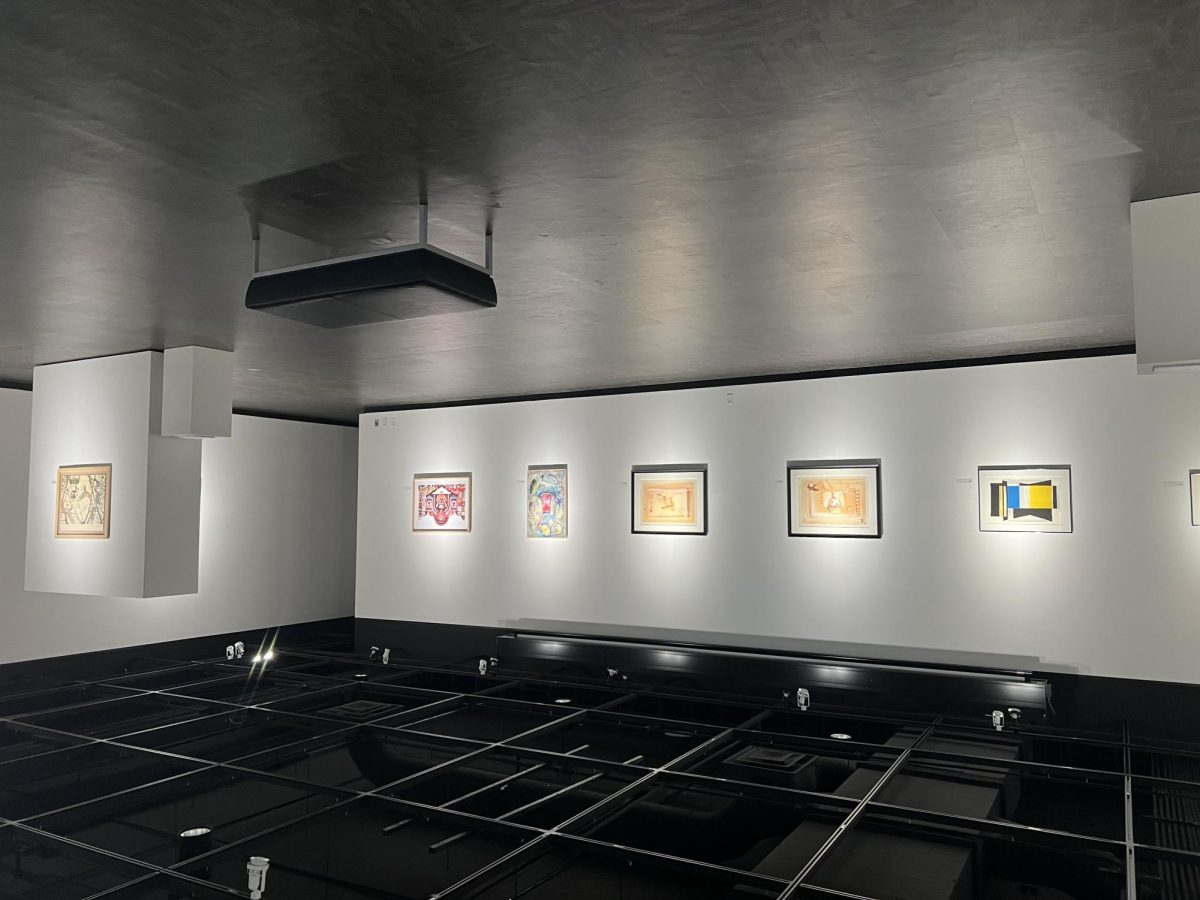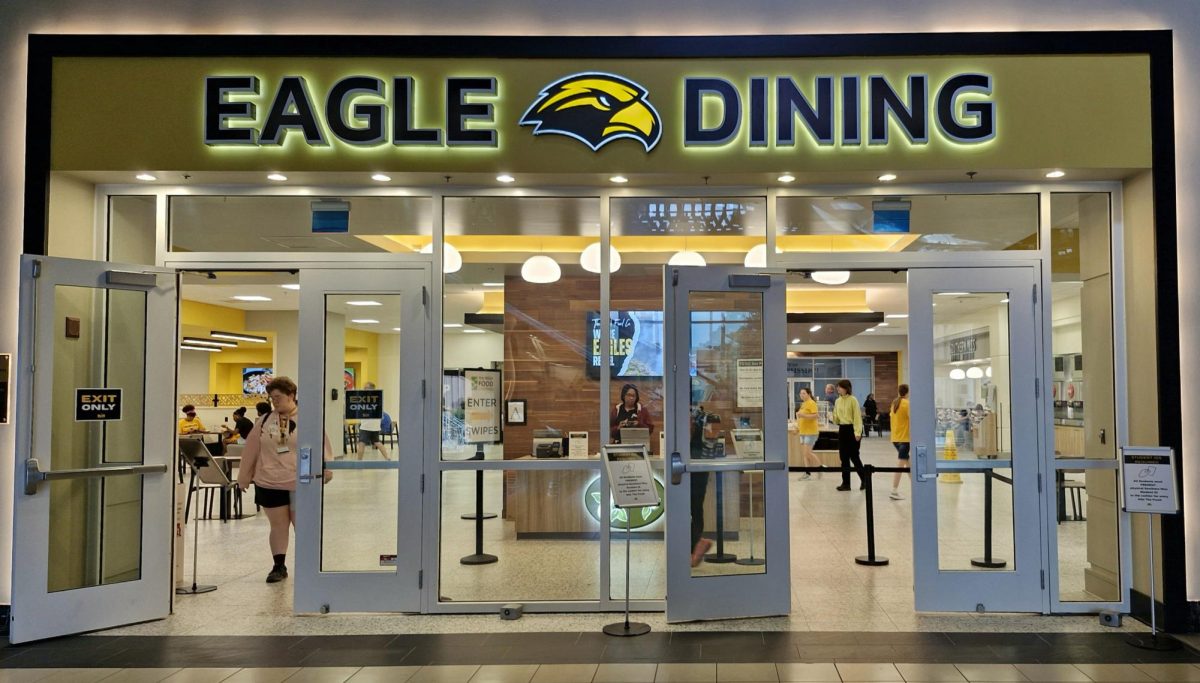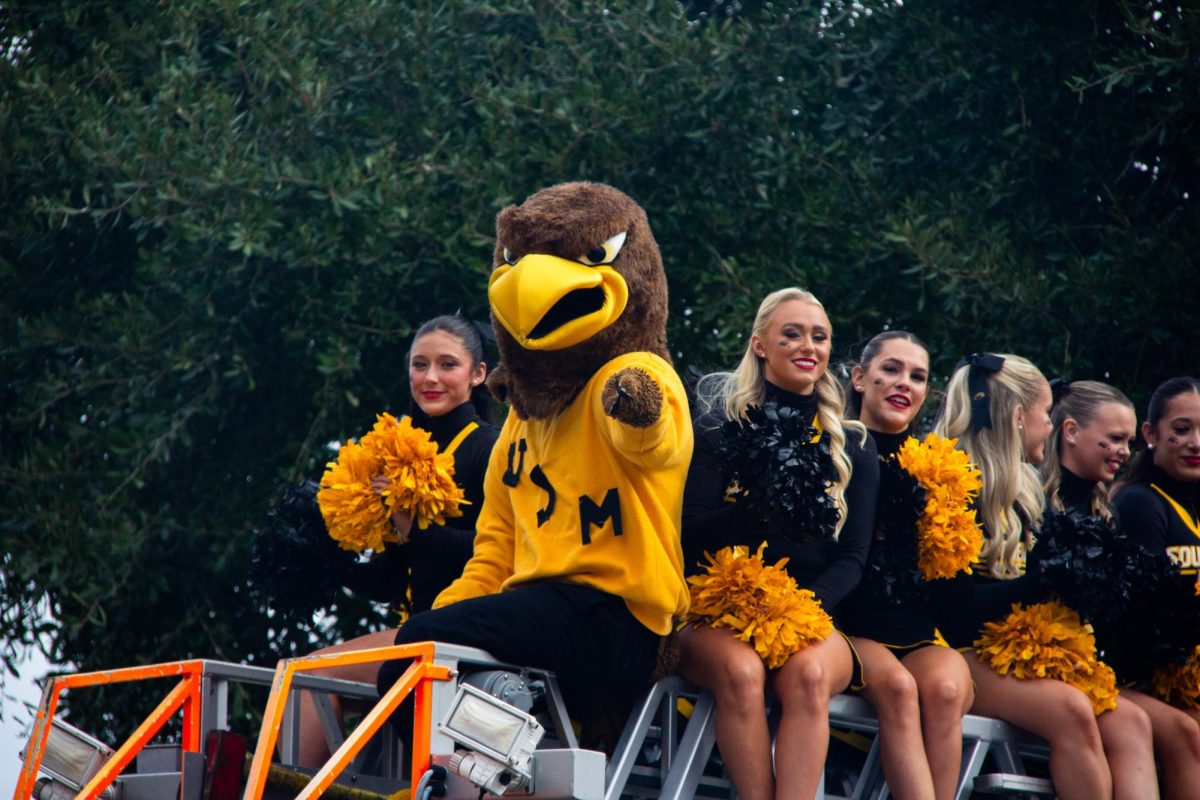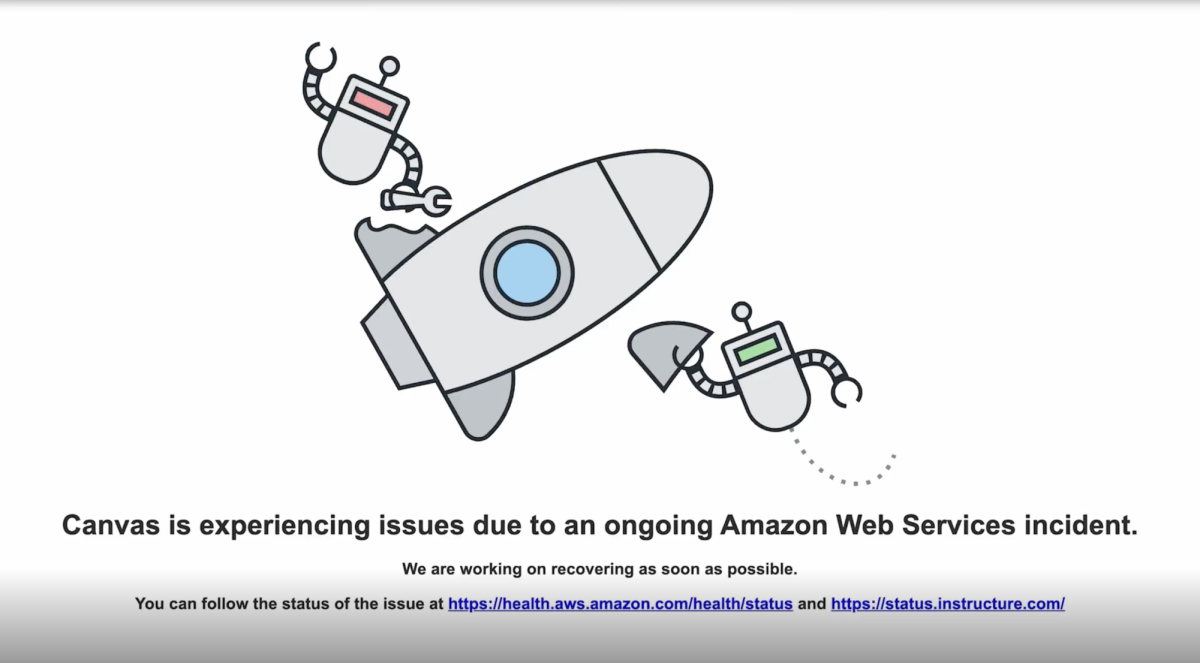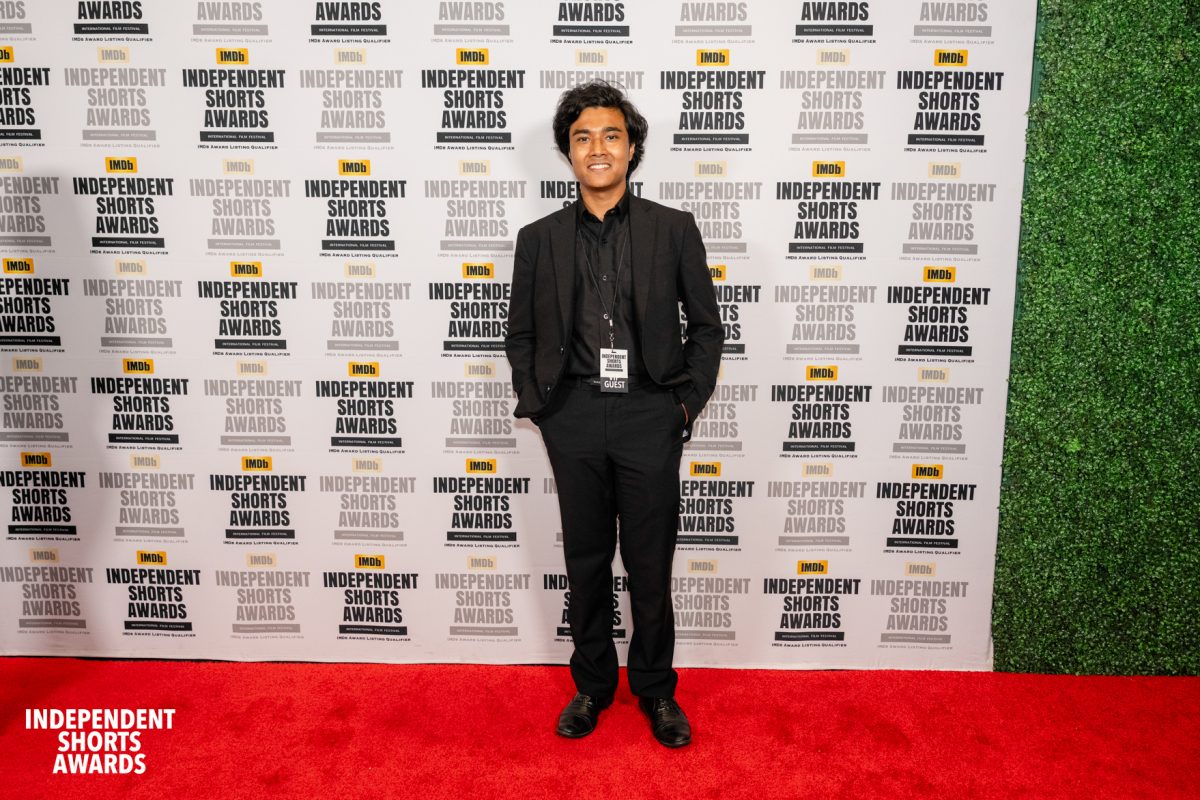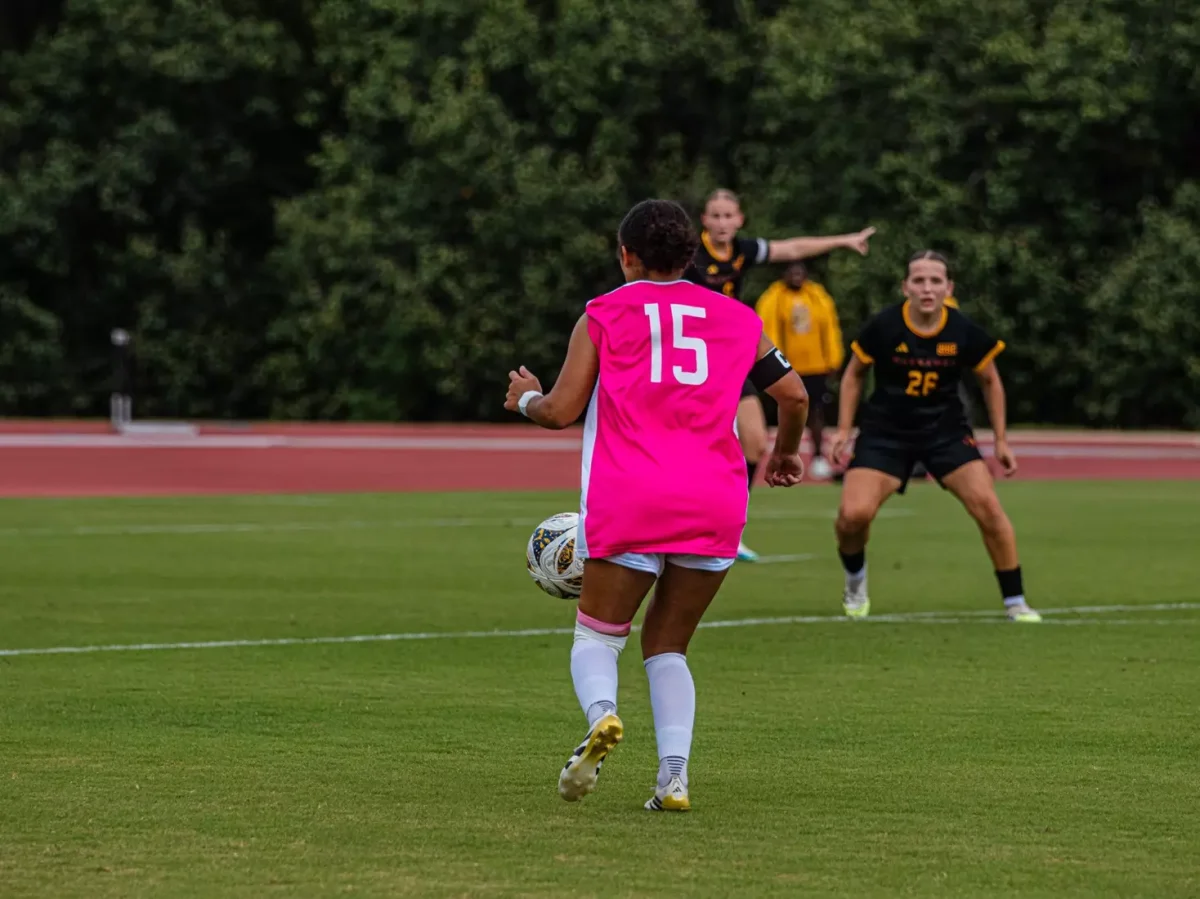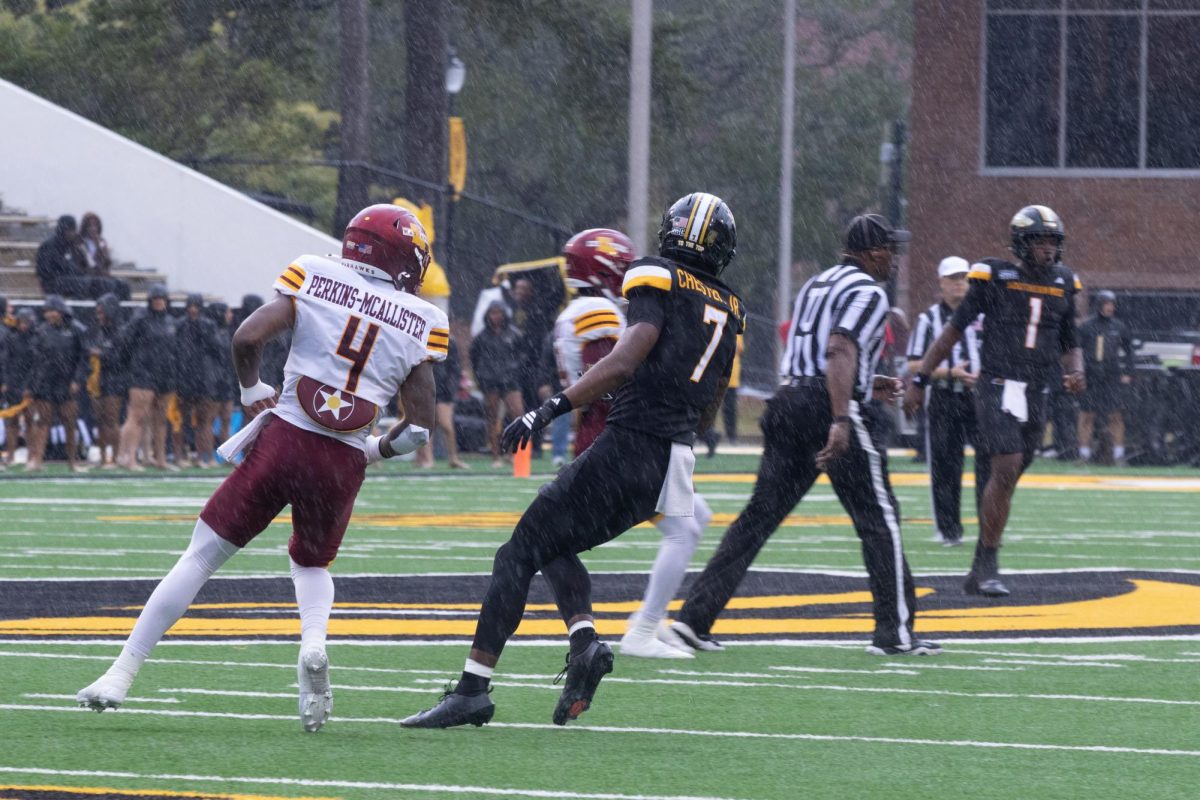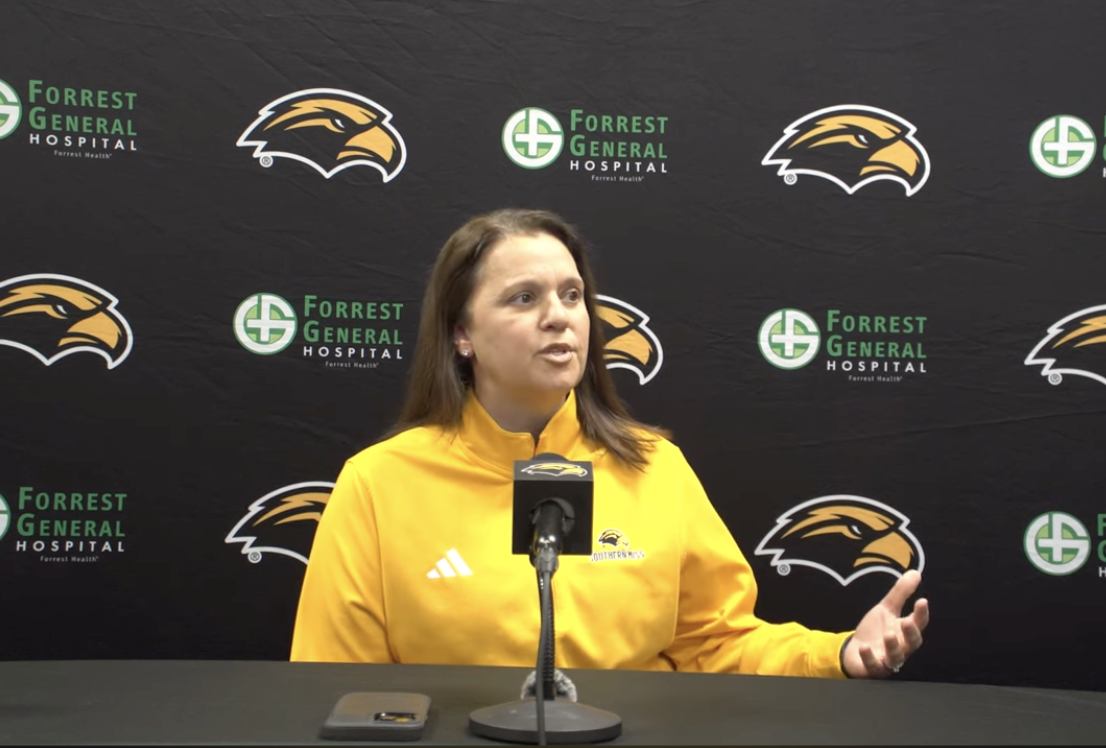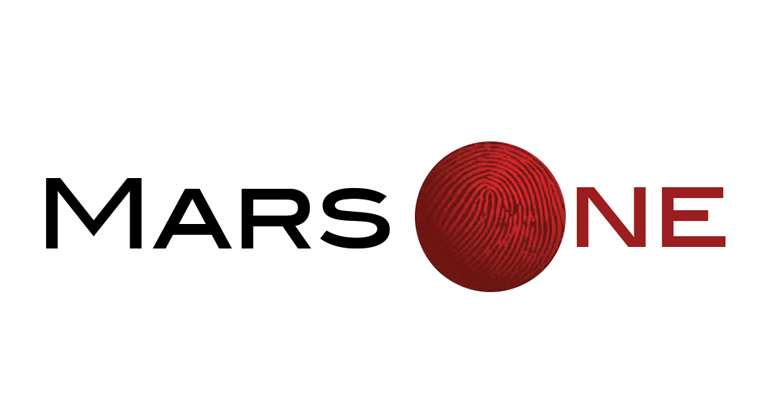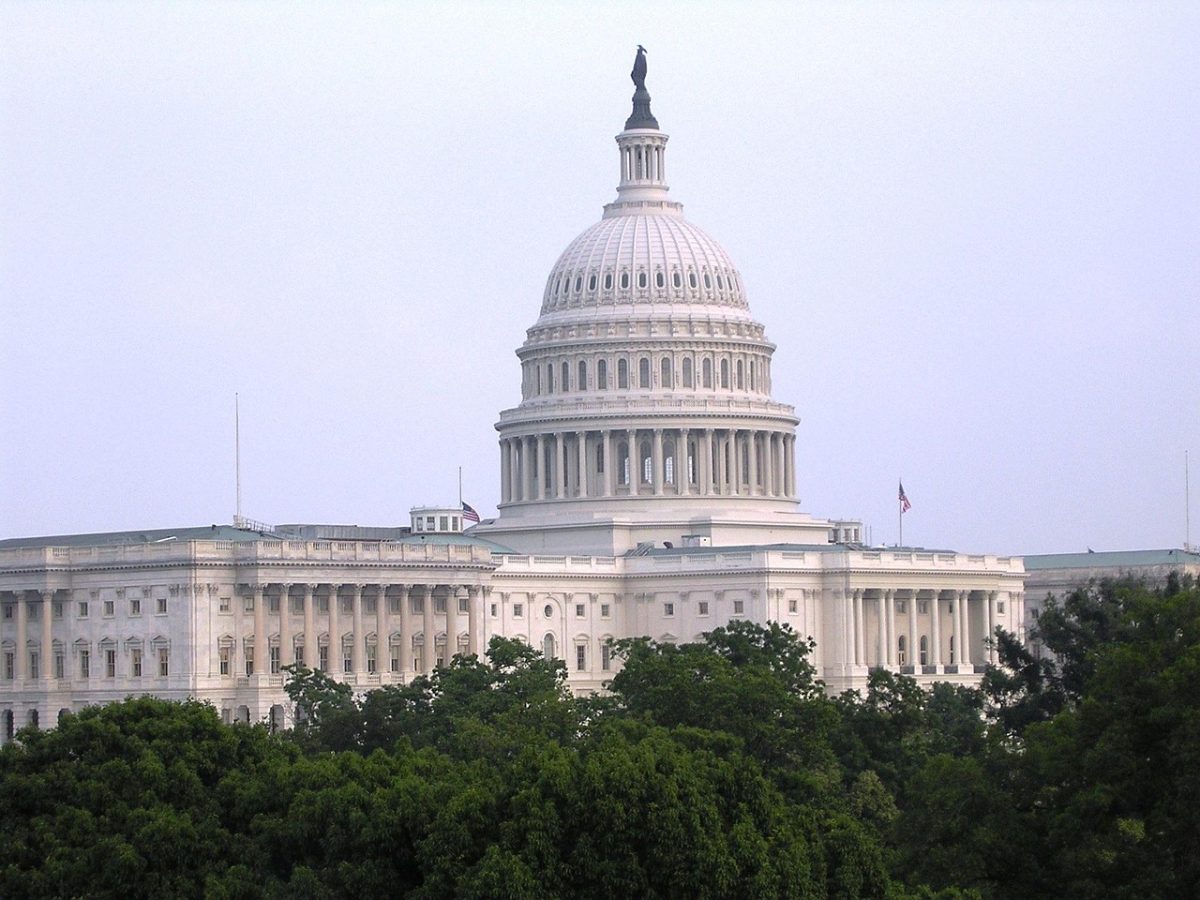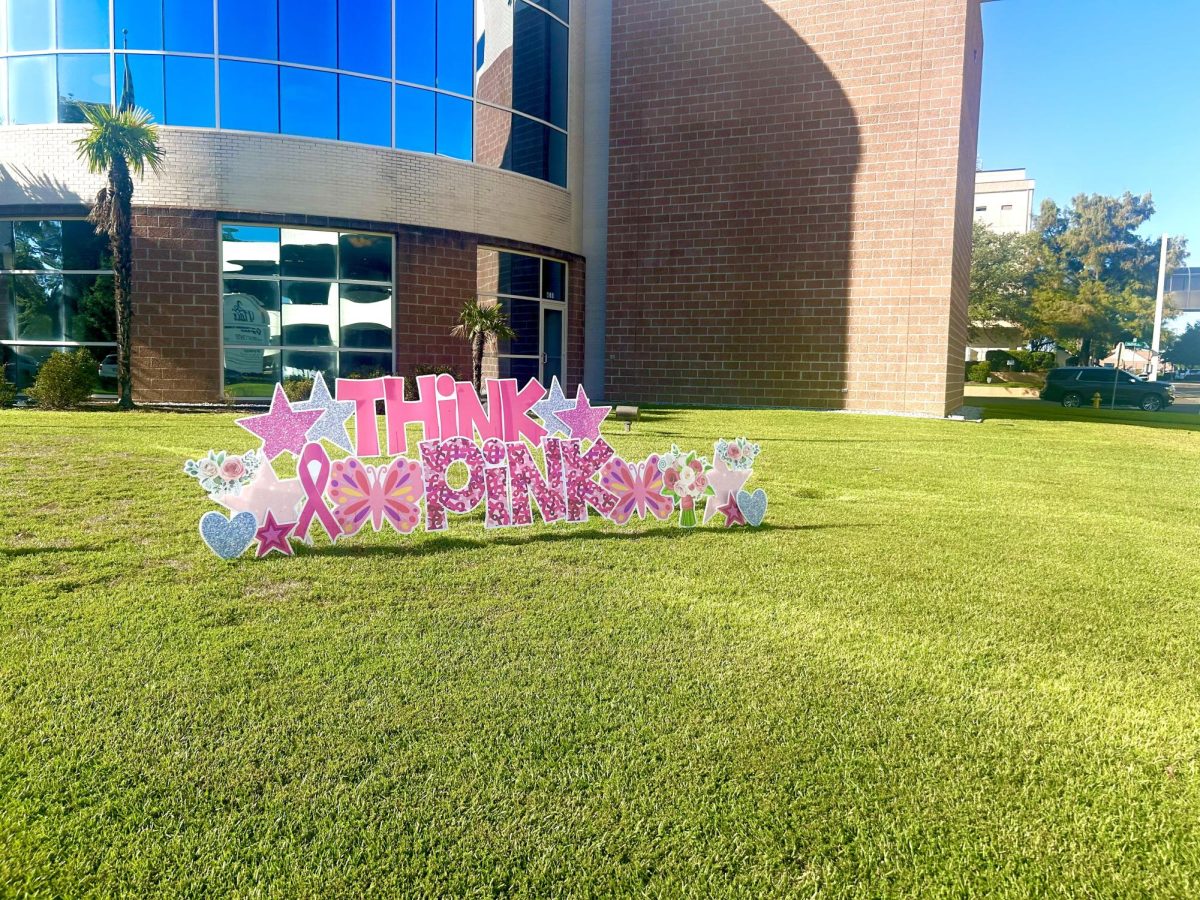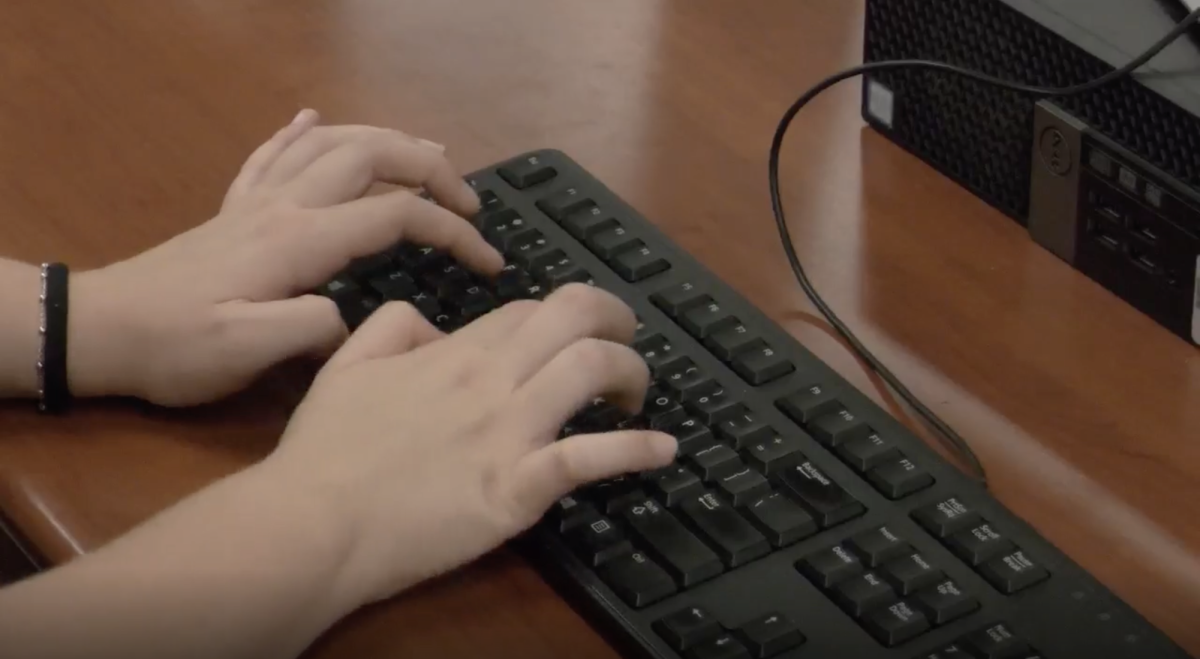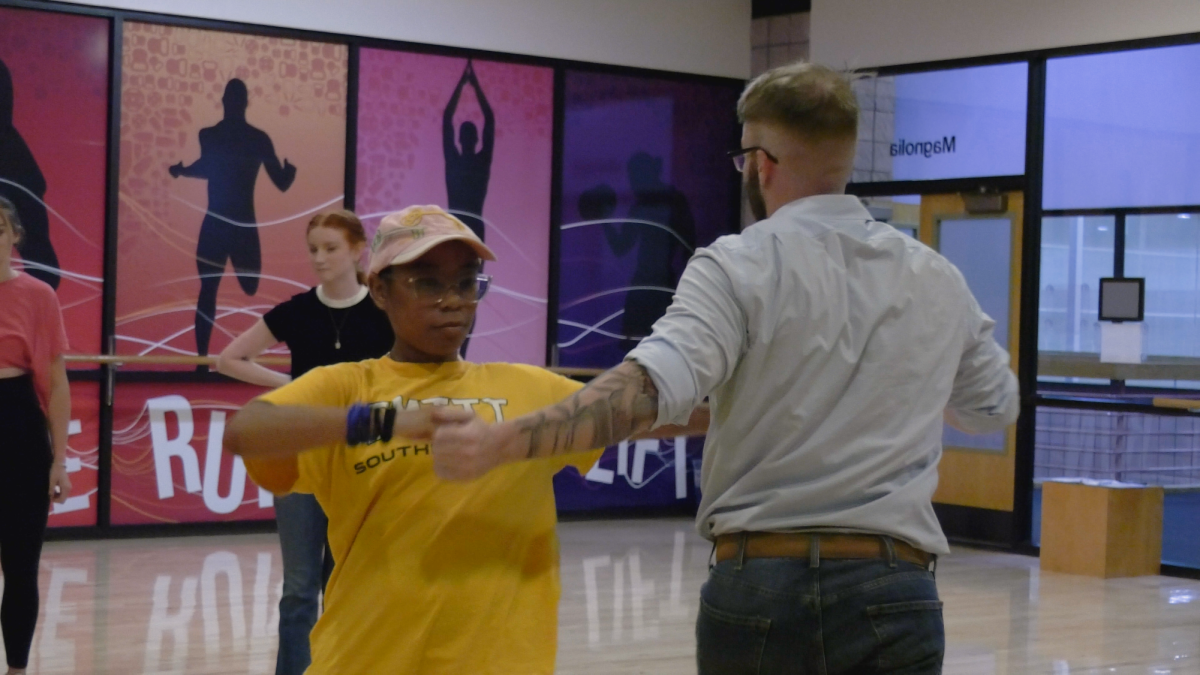The Dutch non-profit group Mars One has selected 100 finalists for a chance to go to Mars. A USA Today story by Mary Bowerman reported that the final 24 selected will go in 2024 to attempt to establish a colony. The astronauts will not be returning to Earth.
Christopher Sirola, associate professor in the Department of Physics and Astronomy at The University of Southern Mississippi, said the trip would be a fantastic adventure.
“Nobody’s ever attempted anything like it before,” Sirola said.
However, he also said that there are many problems with manned missions to Mars that he thinks make it unfeasible.
Complications include the lack of breathable air, lack of UV and radiation protection, lack of heat, lack of gravity that could cause physical deterioration and, of course, the lack of lifetime supplies of food, water, shelter and everything else needed to survive.
First-year physics graduate student Ian Wakeland also mentioned the psychological strains on the astronauts the mission would cause. Lack of communication with loved ones, constant physical upkeep and confined quarters are just a few of the burdens they would bear.
Wakeland also said, “Another type of problem would be the risk of unexpected events.” Add in the cost of getting there in the first place, and the project amounts to great monetary and personal expenses.
“To make it a worthwhile venture, we would expect to get something out of it,” Sirola said. “The most interesting scientific question revolves around the possibility of life, which on Mars would probably be microbial if it’s there at all. Other scientific questions can be done by robots.”
In short, Sirola said the mission would require new technologies to be developed in order to eliminate many of the problems it faces.
Still, freshman physics and astronomy double major Garrett Minta said, “The incredible technological feat that we are right on the cusp of is exciting, to say the least.”
“I believe the Mars One project is taking a step in the right direction because I believe it will give humanity a chance to expand on its horizon,” Wakeland said.
Bowerman also wrote that NASA is currently working to send astronauts to Mars by the 2030s; these astronauts, however, would be able to return to Earth.
Does this mean that Southern Miss students might someday rise to the red planet? Sirola, Wakeland and Minta all think permanent colonization on Mars is an eventual possibility.
In the meantime, USM students will be able to stay up-to-date with the Mars One Project; according to Bowerman’s article, a reality television show about the selection of the final 24 astronauts is in the works.

